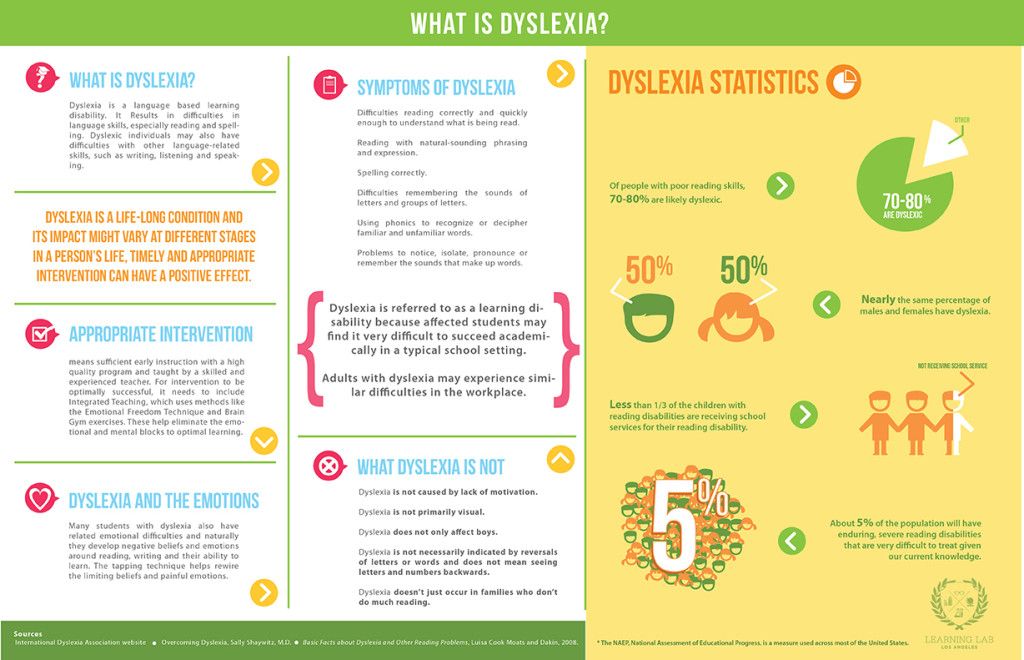How do board games help child development
Benefits of Board Games for Kids
If you bring out board games on cozy Friday nights or over long holiday weekends, know that your kids get big benefits out of this special family time. In addition to teaching them about teamwork, patience, and how to win and lose gracefully, board games can actually benefit kids' brains and language development.
Read on for the nine incredible benefits of board games, and refresh your stash of games with the new Dog Man Board Game: Attack of the Fleas. It'll be up to your kids to save the city in this action-packed board game based on the beloved Dog Man series — which is a great way to get them even more invested in reading.
1. Board games offer opportunities for early learning.
Even simple games help young players identify colors, count spaces, and develop hand-eye coordination and dexterity in moving cards and pieces around the board. Plus, learning to wait your turn and follow the rules are important lessons that serve kids far beyond the living room floor.
2. They get older kids' brains buzzing, too.
Board games are an easy way to encourage healthy brain development in older kids and teens. “Strategy games are useful in helping the frontal lobes of the brain develop,” says Beatrice Tauber Prior, Psy.D., a clinical psychologist, author, and owner of the private practice Harborside Wellbeing. “Those frontal lobes are responsible for executive function skills, which include planning, organizing, and making good decisions."
3. They boost their language skills.
Board games can be a sneaky way of helping school-aged kids work on skills they’re struggling with. Have a reluctant reader? A round of the BOB Books Happy Hats Beginning Reading Game will help them expand their vocabulary and flex their spelling skills.
Meanwhile, games in which players have to remember several pieces of information at once (who did what, and where) might help a child who’s having trouble with reading comprehension — all while still having fun.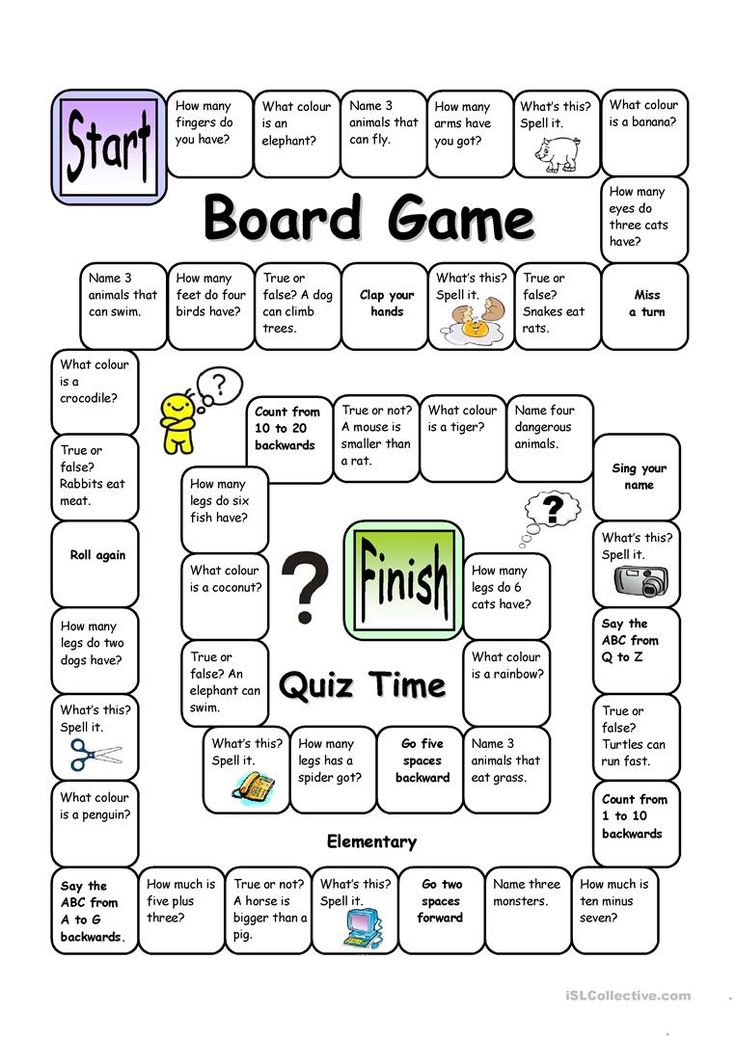
4. They sharpen your child's focus.
“Board games, when played without interruptions, can help lengthen a child's attention span,” says Prior. But to reap the benefits, everyone needs to commit to seeing the game through to the end.
“If your family sits down for a game of Chinese checkers, be sure to complete a full game without everyone checking their phone, asking Alexa to play a song, or turning on the TV for the latest football scores,” adds Prior. “Finishing a board game without interruptions will help lengthen the declining attention span of kids in a world filled with digital distractions.”
5. They teach the value of teamwork.
Board games often offer kids meta-messages about life: Your luck can change in an instant, for better or for worse. But in addition to teaching them that nothing is guaranteed, board games are a good way to encourage kids of different ages to team up and work together — something they'll need to do throughout life. Form teams of older kids working with their younger siblings, or choose a game like The Brainiac Game or Race Across the USA, which have questions tailored to grades 1-6, so everyone’s challenged fairly.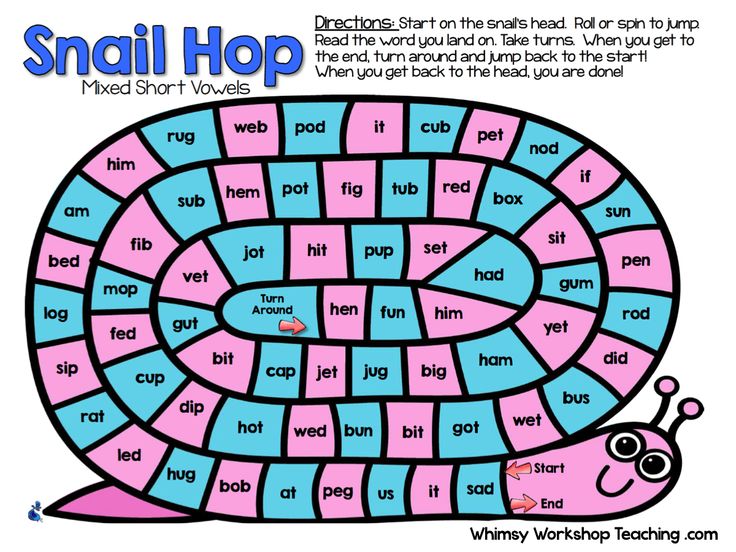
6. Board games are an alternative to time out.
The next time you find yourself going through a rough patch with one of your kids, consider playing a board game together instead of sending them to their room. “I often use board games as a mechanism to work on the parent-child relationship,” explains Regine Galanti, Ph.D., a licensed clinical psychologist and professor at the Ferkauf Graduate School of Psychology at Yeshiva University in New York City. “They can also be used to increase frustration tolerance in a child.”
In other words, taking turns and practicing patience during a game — even when things don't go their way — can help little ones practice more respectful responses than stomping off and slamming their bedroom door shut.
7. Board games soothe anxiety.
They may help anxious kids learn how to navigate friendships more easily. “Because they're structured, board games can provide an easier way to build interpersonal relationships with peers, since the child knows what's expected of them,” says Galanti.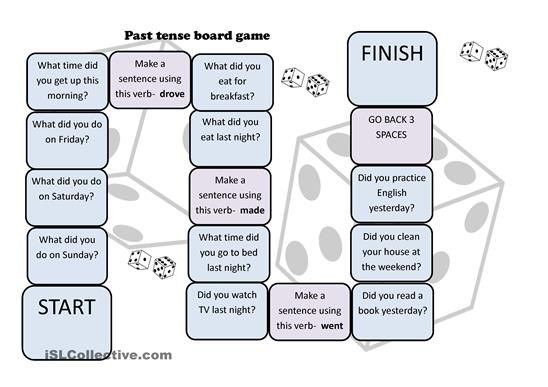 For kids who struggle with striking up conversations with others, Galanti recommends games that promote structured opportunities for chatter, such as guessing games.
For kids who struggle with striking up conversations with others, Galanti recommends games that promote structured opportunities for chatter, such as guessing games.
8. They show kids how to be a good loser.
“If you're playing with a child who has low frustration tolerance, and losing is really difficult for them, allowing them to break the rules at first can make the game more tolerable and fun for them,” says Galanti. “But my goal is often to purposely play by the rules and encourage them to use coping skills and promote resilience when things don't go their way."
For instance, you might say: "I'm so proud of you for staying calm even though you picked a card you didn't like. I hope next time you pick a good one!"
9. Board games are a great way to unplug.
The lack of technology required to play board games makes them special. They are a simple way to get quality, screen-free time with the kids — and you might be surprised by how much they love playing. (Here are more screen-free activities to keep your kids entertained during the holidays this year. )
)
"Families are struggling to find the balance between digital and real-life connections, but board games provide a tool for that emotional connection to each other," says Prior. Order pizza and make it a way to celebrate the start of the weekend together!
Want even more book and reading ideas? Sign up for our Scholastic Parents newsletter.
13 ways playing board games benefits your child
Switch off the computer and get out a family board game – fun and learning guaranteed!
or Register to add to your saved resources
Do you despair of the amount of time your child spends on screens? If so, you’re far from alone.
A lot of learning takes place through play, and while games-based learning on screens has its place, getting out a board game has significant benefits for kids – both socially and academically.
Claim four puzzle packs today!
- KS1 & KS2 Word Puzzle Packs
- Numeracy Puzzle Packs for KS1 & KS2
- Challenging and exciting | Boost key skills
Download Your Free Packs Today
Some children (and parents!) write board games off as boring, old fashioned or time-consuming, but it’s well worth giving them a chance.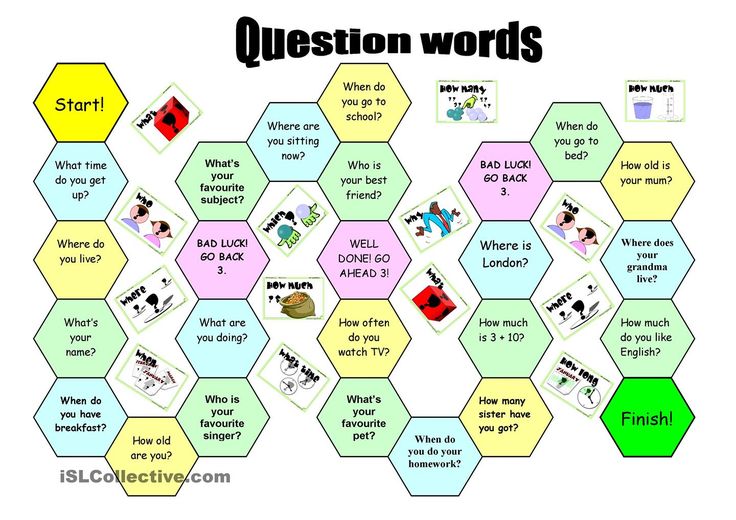
‘The number of board games most people are exposed to is small,’ says Ellie Dix, teacher, educationalist and author of The Board Game Family (Crown House) – think Scrabble, Monopoly, Cluedo and Risk.
‘Most people don’t realise there’s a huge variety of games on offer, and that they’ve become so much better in the last few years.’
So how can your child benefit from playing board games with family and friends?
1. Board games promote family time
In the busyness of everyday life, it can be hard to pause and spend quality time together. Playing board games gives you a rare chance to enjoy each other’s company.
‘When you’re all sitting in a group, the family unit strengthens and the sense of belonging increases,’ says Ellie.
‘The physical proximity helps you stay closer emotionally, and games can start and stop to mould around conversations.’
2. Board games build communication skills
As kids get older, they crave independence, and you might find your once-talkative child now shies away from conversation.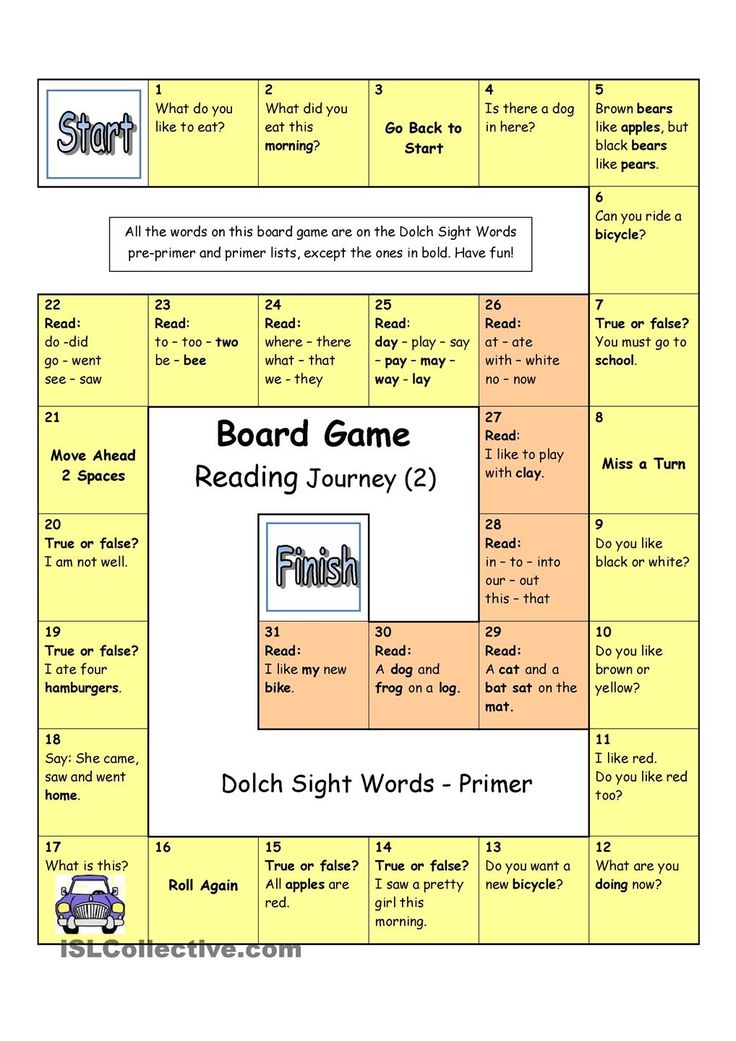
‘Board games help because when you’re playing, you talk about the game, and conversations about broader topics often develop from there,’ Ellie explains.
Younger children who are shy, quiet or have communication difficulties also benefit.
‘Children who struggle to communicate in normal situations often open up and become incredibly chatty when they’re playing board games,’ Ellie adds.
3. Board games can help children with special needs
Children with learning difficulties often find board games both helpful and enjoyable, even if they struggle to communicate and pay attention in other situations.
‘Many children with autism find board games particularly appealing, as they have rules, with correct and incorrect plays, and nuance is often removed,’ Ellie says. ‘This taps into their strengths and helps them feel relaxed.’
4. Board games teach children to follow instructions
Whether your child has just started school or is moving up to secondary, being able to follow instructions is an essential life skill for both home and school.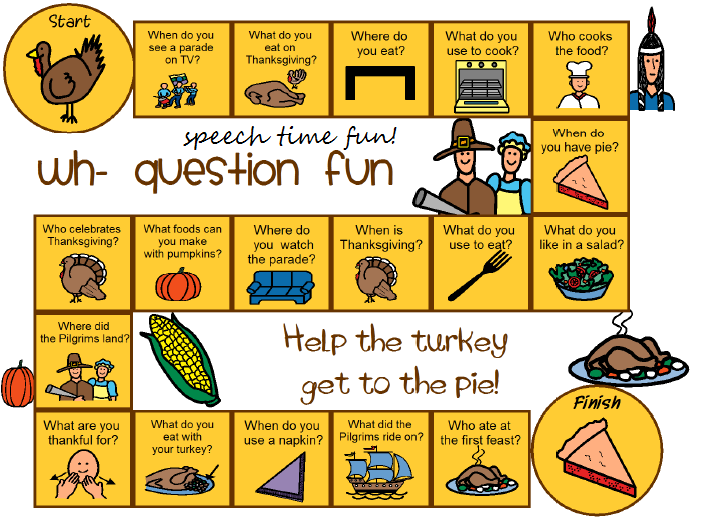
‘When children play board games, they have to listen to instructions, digest them and then figure out what to do,’ Ellie explains.
‘They learn to deal with the boundaries and restrictions, and find ways to work within them.’
5. Board games help children learn to fail
Resilience – the ability to pick yourself up and try again when things go wrong – is extremely important for children to master, in school and social settings.
‘Board games help children learn from failure in a safe environment,’ says Ellie.
‘Some children find it really hard to lose, but it increases their ability to deal with setbacks. If you let your child win, you deny them the opportunity to learn from failure. Instead, praise the efforts they’ve put in, and encourage a conversation about what went wrong, and they’ll begin to see that failure is teaching them to succeed.’
6. Board games encourage healthy competition
When you model good sportsmanship, your child learns to win and lose graciously, congratulate the winners and celebrate other players’ successes.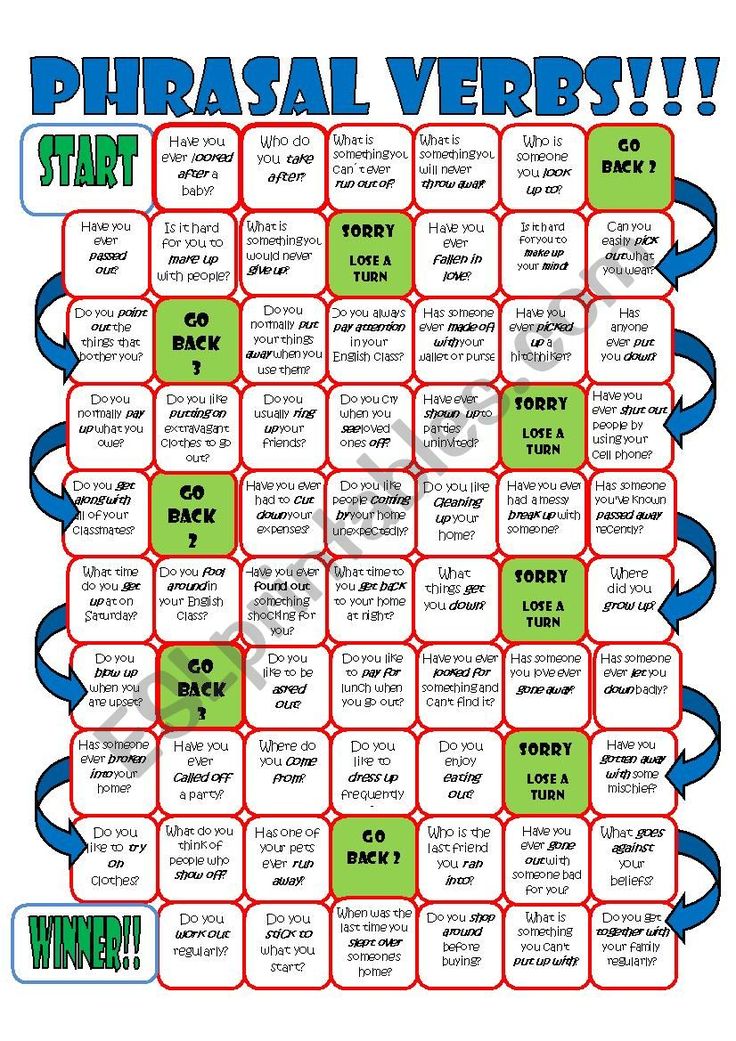
‘Playing board games brings out a fun competitive side in our family,’ says Janine, mum to Felicity, nine.
‘Games like Cluedo and Monopoly require concentration and encourage competition, but in a non-aggressive way.’
7. Board games helps children understand how others think
Through anticipating other players’ moves and learning to recognise their poker faces, children become more aware of other people and how they’re playing, making decisions about their own gameplay in the context of what everyone else is doing.
This builds a general awareness and understanding of how other people think.
‘Playing Othello with my daughter is really interesting, as she has a completely different tactic to me,’ says Hester, mum to India, nine, and Hudson, seven. ‘It’s teaching her to pre-empt what I might do and be strategic.’
8. Board games promote literacy
Playing board games helps children develop all the key skills that fall within the literacy bracket.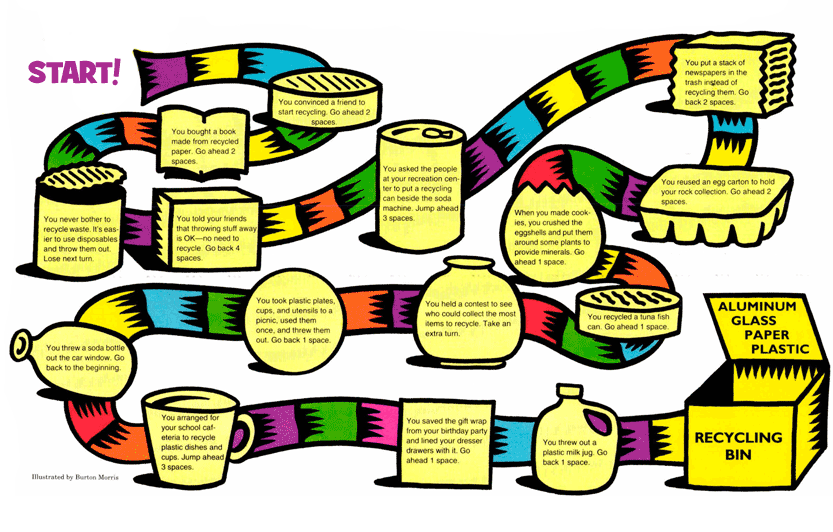
‘They have to read instructions and what it says on games cards, and want to do this without asking their parents for help and giving away information about their hand,’ Ellie explains.
‘They often need to speak clearly, describe objects without using key words, and listen to information that other players are giving them.’
Many games also involve children writing down notes and information, and using random letters to create words – such as in Scrabble, Boggle and newer games like Letter Jam and Frenetic.
9. Board games improve maths skills
Many board and card games have numeracy at their very heart.
‘Games like Monopoly require players to keep track of their money and perform lots of maths operations, including addition, subtraction and multiplication,’ Ellie says.
‘Lots of games also use probability, with players having to work out the chances of certain outcomes, when to push their luck and when to stick.
‘Through playing games, children become proficient at calculating odds and estimating how many points they will need to win.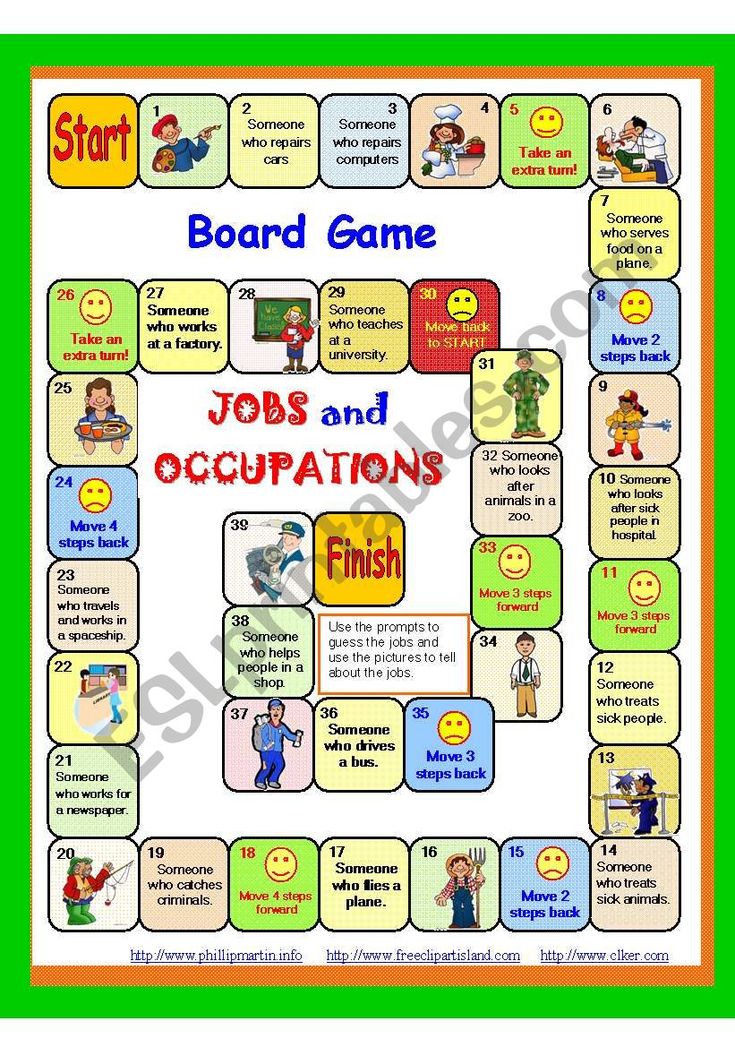 ’
’
10. Board games help brain development
‘Board games help to develop many visual, perceptual, cognitive and thinking skills,’ says Bhavin Shah, a behavioural optometrist and dad to Shreya,13, and Misha, 11.
‘Moving counters teaches spatial awareness and pre-planning, and our visual system learns when we use our hands to hold a piece, plan the next move or picture where the opponent will make the next move. This helps to train the higher functions of the brain.’
11. Board games encourage problem-solving
Without tactical thinking, many board games are impossible to win. Planning their strategy helps children improve their problem-solving skills, which will benefit them in just about every area of life.
‘Many games involve logical, systematic thinking and working, as well as quick decision-making and strategising,’ Ellie explains.
‘They have to think several steps ahead – not just about what they want to do now, but where that will take them and what they want to do after that.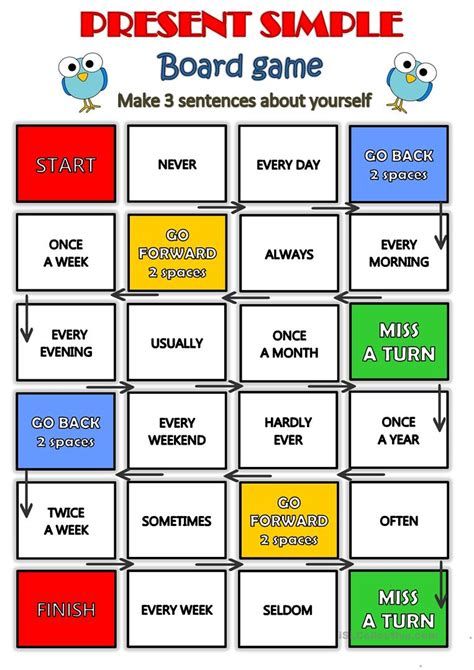 ’
’
12. Board games encourage dexterity
Fine and gross motor skills and good hand-eye coordination are key to handwriting and other areas that require dexterity and precision, like typing, sewing and science experiments.
Games like Snap, Operation and Buckaroo help improve dexterity, reaction time and hand-eye coordination, getting brain and hands working closely together.
13. Board games can support the curriculum
‘Some games are specifically designed to be educational or help teach an area of the curriculum,’ Ellie says. These include Who Knows Where, Timeline and Viral.
‘Others, like Wingspan, are not intended as educational games, but contain so much historical, geographical and scientific information that players can’t help but learn as they play.’
Ellie’s top tips for choosing board games
- Ask for opinions. Post a question on Board Game Geek or in the board game group on Reddit. Explain how old your child is, what sort of thing they’re interested in, and what their temperament is like – people will be keen to make suggestions.
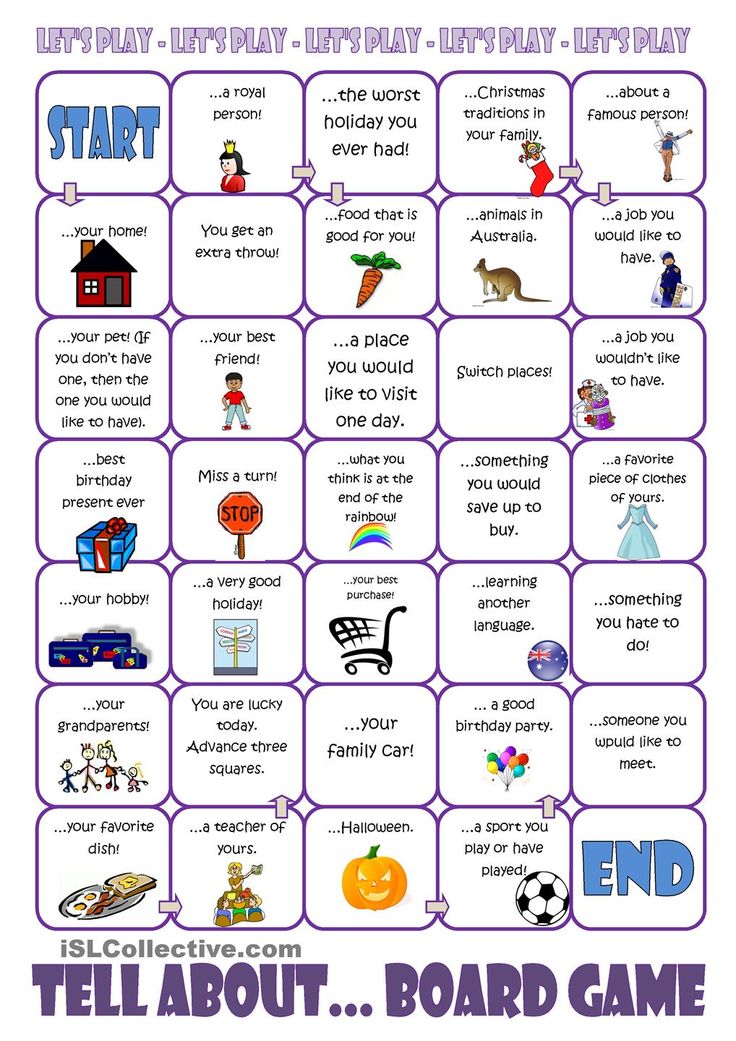
- Look at reviews and ‘how to play’ videos (often on YouTube) before you decide to buy a game.
- Go to a board game hobby shop, ask what they advise, and try out some of the games on display with your child.
- Steer clear of games that require general or specific knowledge that your child is unlikely to have.
- Avoid deduction games if you’re playing with a mix of ages – the youngest player is almost always at a disadvantage.
- Choose simple strategy games or games that are described as ‘gateway games’ that provide a way into gaming for new players. Children are really good at developing strategies and experimenting with different options.
- Don’t just look at children’s games. Older children will get bored, and so will the adults. There are lots of brilliant games that are great for all ages.
The best educational games for primary school children
More like this
Why family games help positive behaviour
Become a board game family on a budget
Best digital and at-home escape rooms for the family
Learning through LEGO
Best maths board games for children
10 ways playing cards helps children with maths
Why jigsaw puzzles are great for kids
Learning games to play on long car journeys
Positive screen time for children
The benefits of board games in the development of a child
Board games are experiencing the peak of popularity today.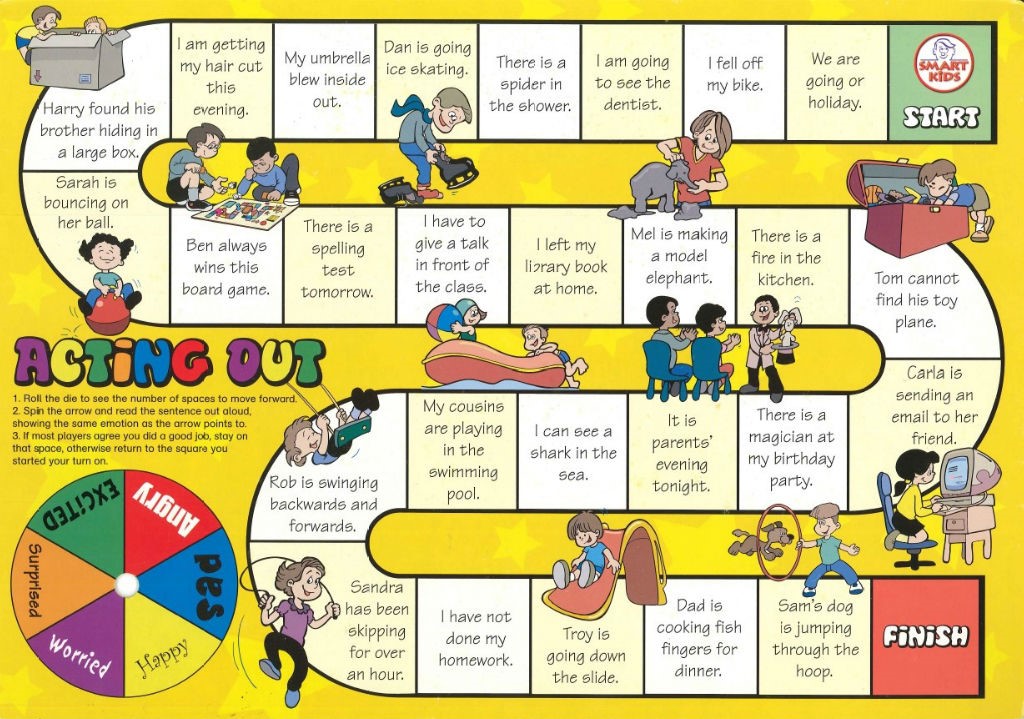 First of all, this is due to the fact that everyone is tired of the abundance of interactive electronic ways of communicating and spending leisure time. Board games really compete with computers, television, the Internet, because playing them is exciting and interesting. The board game combines live communication. Children learn to regulate behavior, listen to others, formulate their point of view, think through a strategy, and cope with difficulties. According to psychologists, board games perform two functions at the same time: the development of mental activity and entertainment. Indeed, during the game, children have increased brain activity: they need to find the right solution, think over the next move, complete the task. And most importantly, children learn by playing. nine0003
First of all, this is due to the fact that everyone is tired of the abundance of interactive electronic ways of communicating and spending leisure time. Board games really compete with computers, television, the Internet, because playing them is exciting and interesting. The board game combines live communication. Children learn to regulate behavior, listen to others, formulate their point of view, think through a strategy, and cope with difficulties. According to psychologists, board games perform two functions at the same time: the development of mental activity and entertainment. Indeed, during the game, children have increased brain activity: they need to find the right solution, think over the next move, complete the task. And most importantly, children learn by playing. nine0003
Lesson "Game room" on board games takes place once a week regularly. All the children of the school are divided into teams of 8 people, they begin to play a variety of popular board games. But learning all the rules of the game is difficult.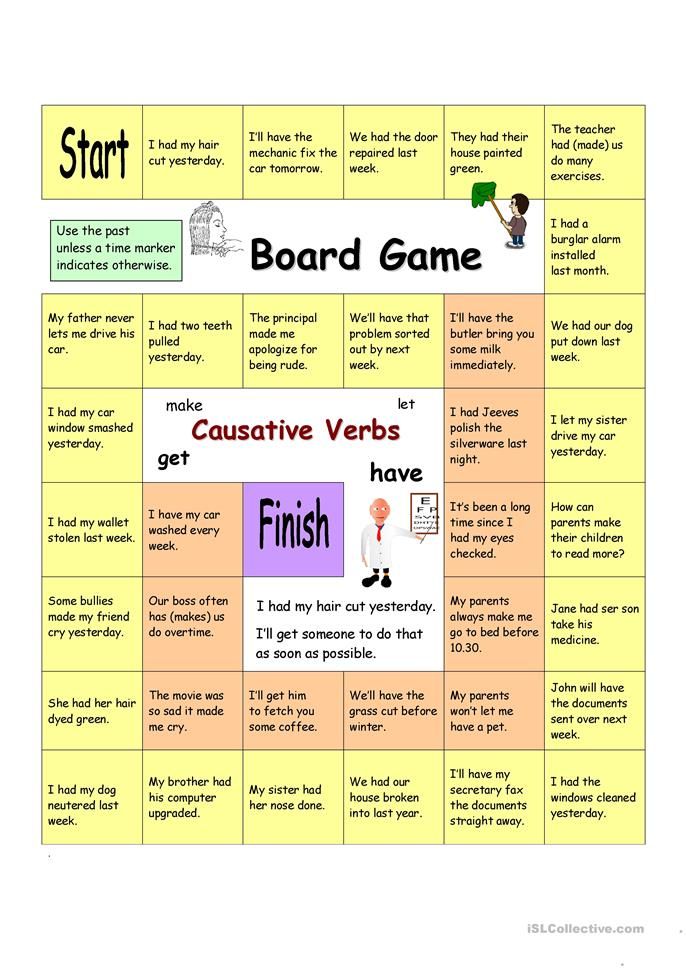 Not always even parents have the patience to study them. Therefore, we, a team of GAME TECHNICIANS, at the beginning study the rules ourselves, play them several times in order to understand the features of a particular game. Game technicians help children learn the rules of the game, organize the process of feedback between the participants. I should also mention that we have developed special cards where we track the development of such skills as: attentiveness, dexterity, visual memory, following the rules, etc. We believe that board games improve the cognitive, physical, social and emotional well-being of children. And if you play not once or twice a month, but regularly, 2-3 times a week, then there will be an active development of strategic thinking, cognitive abilities and creative thinking. nine0003
Not always even parents have the patience to study them. Therefore, we, a team of GAME TECHNICIANS, at the beginning study the rules ourselves, play them several times in order to understand the features of a particular game. Game technicians help children learn the rules of the game, organize the process of feedback between the participants. I should also mention that we have developed special cards where we track the development of such skills as: attentiveness, dexterity, visual memory, following the rules, etc. We believe that board games improve the cognitive, physical, social and emotional well-being of children. And if you play not once or twice a month, but regularly, 2-3 times a week, then there will be an active development of strategic thinking, cognitive abilities and creative thinking. nine0003
Let's take a closer look at the benefits of board games:
DEVELOP THE THINKING
One of the important advantages of board games is the positive effect they have on our thinking.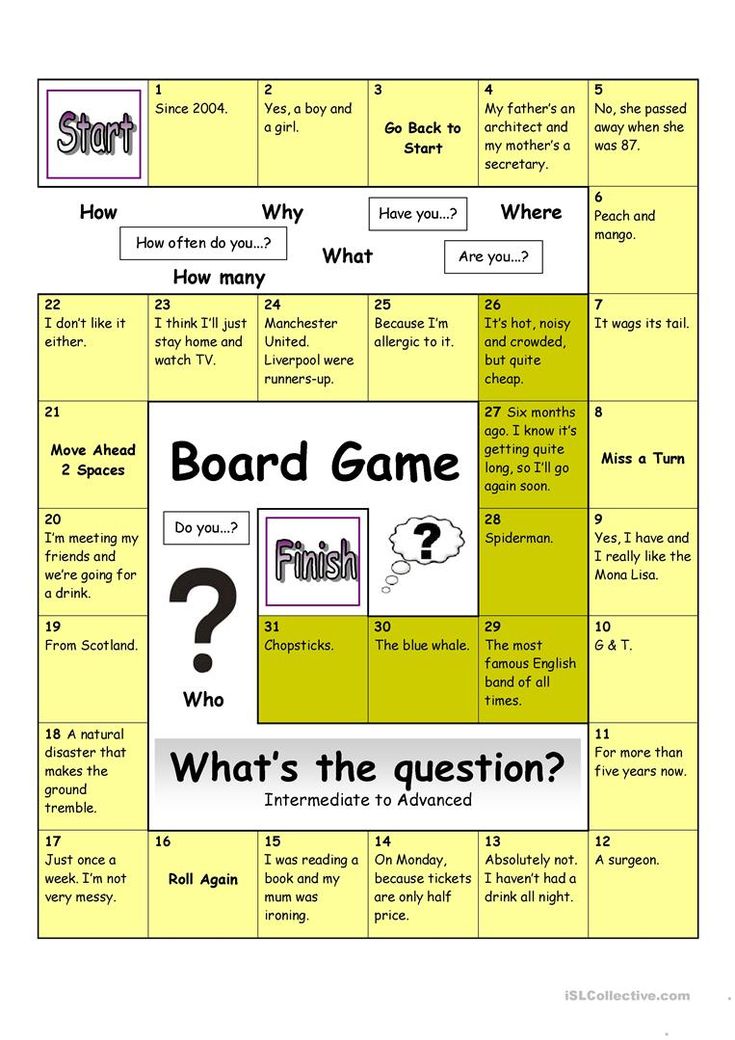 During the game, we think more, calculate the moves, think over the strategy, follow the actions of the opponent, quickly make decisions taking into account the changed alignment.
During the game, we think more, calculate the moves, think over the strategy, follow the actions of the opponent, quickly make decisions taking into account the changed alignment.
MATHEMATICAL SKILLS
Counting dots on the edge of a dice, counting moves, points, all kinds of resource cards (for example, money in Monopoly), the number of letters in scrabble, and so on and so forth. There are desktop games focused on logic and mathematical thinking. nine0003
SPATIAL THINKING
After analyzing the data of 847 children aged 4 to 7 years, research scientists have authoritatively stated that board games and puzzles pump spatial intelligence very well. Neither drawing, nor modeling, nor other types of manual labor, nor riding a bicycle / scooter contribute to the development of spatial thinking as much as ordinary paper puzzles. Those children who played cubes / puzzles / board games at least three times a week won the spatial competition of those children who played three times a month or did not play at all.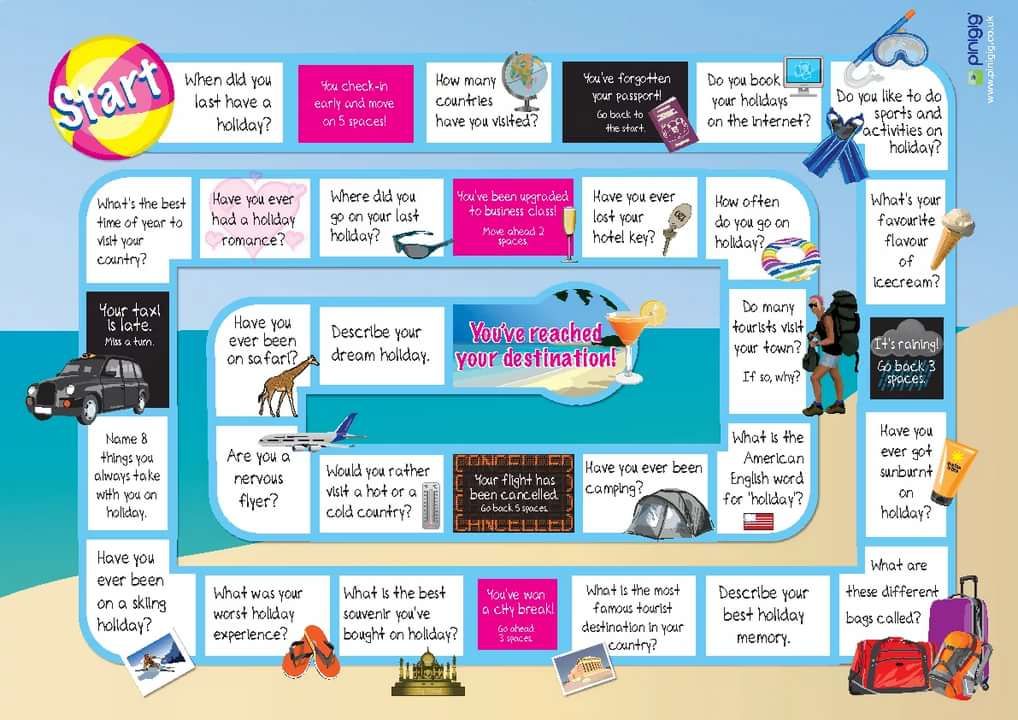 nine0003
nine0003
STRATEGIC THINKING
Board games, right there, right before our eyes, show how our actions lead to this or that result. The ability to think at least one step ahead, the ability to predict the possible move of the opponent - if I go like this, then he goes like this, and then I like this ... And it will be very good if the child can pronounce his actions. This is how cause-and-effect relationships work for children - when they tell their actions, they simply tell - they begin them, these actions, somehow explain to themselves and others, and therefore analyze, reflect on the hidden mechanisms of their own choice. nine0003
COGNITIVE ABILITIES AND CREATIVE THINKING
First of all, it should be noted that many board games themselves carry a powerful cognitive element. After all, each game is some kind of plot, new knowledge, new heroes. Or familiar characters in new situations. And of course, each game is aimed at turning on the child's imagination.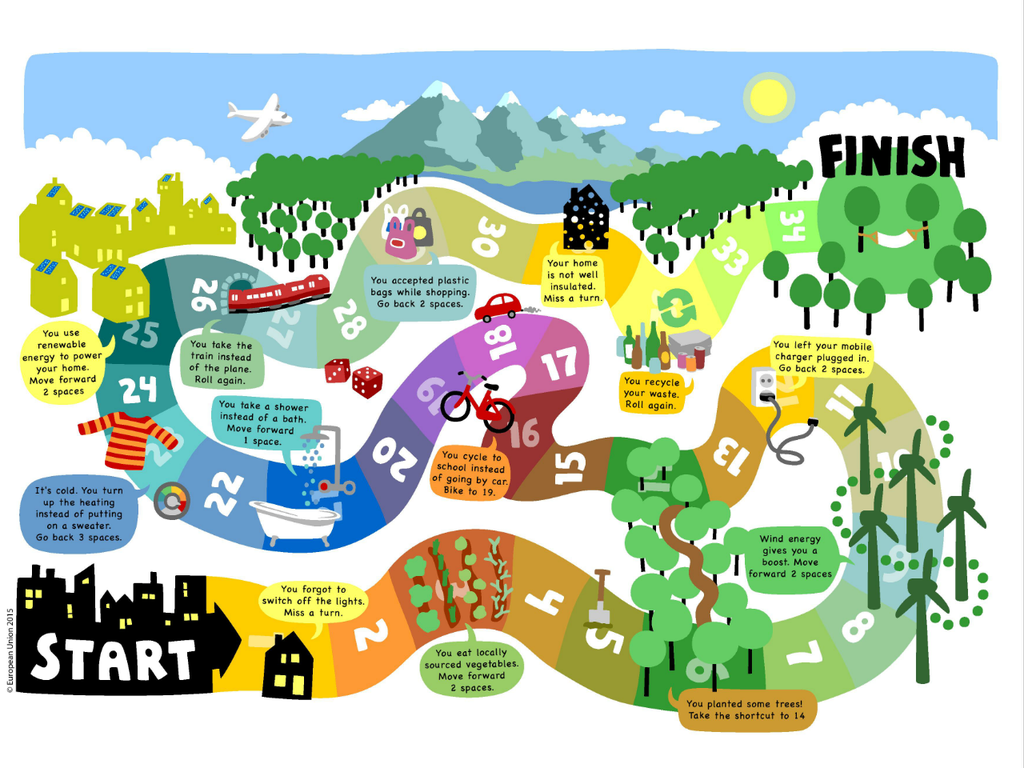 Fantasy is that powerful impetus that moves our intellect forward. Not the sum of knowledge, but creativity lies at the heart of intelligence. nine0003
Fantasy is that powerful impetus that moves our intellect forward. Not the sum of knowledge, but creativity lies at the heart of intelligence. nine0003
PHYSICAL SKILLS
Board games develop baby's dexterity, hand-eye coordination and visual focus, and matching, when children look at the field, they must match the pieces with the cells, make finer and more accurate hand movements to move the figure and count the cells, roll the die and match the number of cells with the number of dots on the die.
EDUCATIONAL
Understanding and Following the Rules
Almost all board games have rules of some sort, so games are an ideal way to understand, accept and learn how to apply the rules. The child will understand that cheating and neglecting the rules is not good for the game and provokes quarrels, and following the rules makes it possible for everyone to enjoy the game. nine0003
Board games or card games are one of the easiest ways to learn the turn first rule.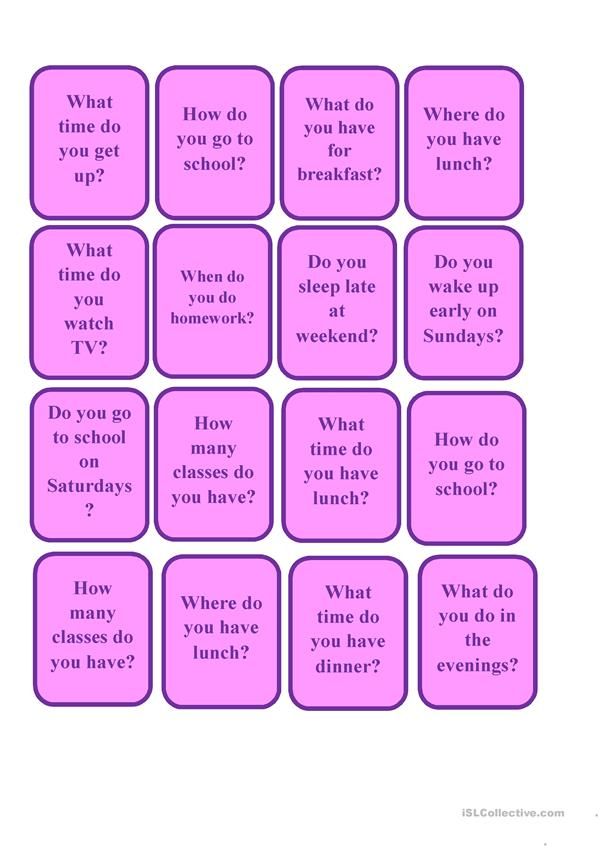 A simple game, building a snake (ladder) or dominoes is a great way to master these skills. With young children, you need to voice each sequence of the game: “Now it’s mom’s turn,” “And now dad is walking,” and so on.
A simple game, building a snake (ladder) or dominoes is a great way to master these skills. With young children, you need to voice each sequence of the game: “Now it’s mom’s turn,” “And now dad is walking,” and so on.
This skill is very important. Because we are constantly interacting with other people. Remember how often at school they said that you have to wait for your turn, let me finish, you can’t interrupt in the middle of a phrase ... Children must learn to wait their turn, control themselves, listen to the interlocutor. nine0003
UNDERSTANDING WHAT IS CHANCE, LUCK
For younger children, many games are based on chance and luck rather than skill. By playing board games, they will often begin to understand why and how a person won one time and lost another time. They find out by rolling a die how many cells will be allowed to move, and this is a very simple way to find out about probability. Children do not even notice that they are learning, but this experience will help them in their further knowledge of the world.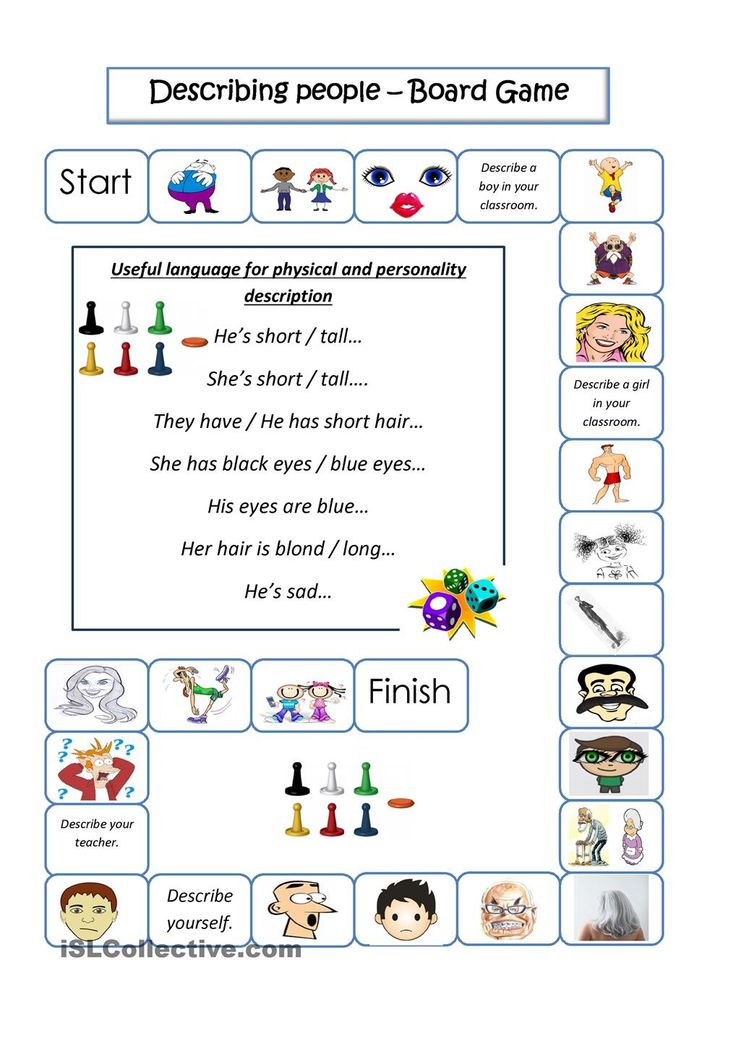
COMMUNICATION SKILLS
Board game helps to develop various social skills in a playful way
Children learn to play together with others, parents, by playing board games with their children, help to master the moral problems of cheating and fair play, to cope with the pain of losing. Board games help structure interactions with other children.
EDUCATIONAL
Specific Skills
If you want to teach your child something specific like letters, numbers or colors, you can always find a game that fits your purpose and makes learning fun. Invisibly and easily, the child will master the topic in the game. nine0003
And also…
Solve the problem of choosing a gift. We all face the problem of choosing gifts. Board games, due to the variety of their types, genres and game mechanics, are able to solve this problem and allow you not to lose face at any holiday.
RELIEVES BOREDOM
Board games are always an interesting pastime.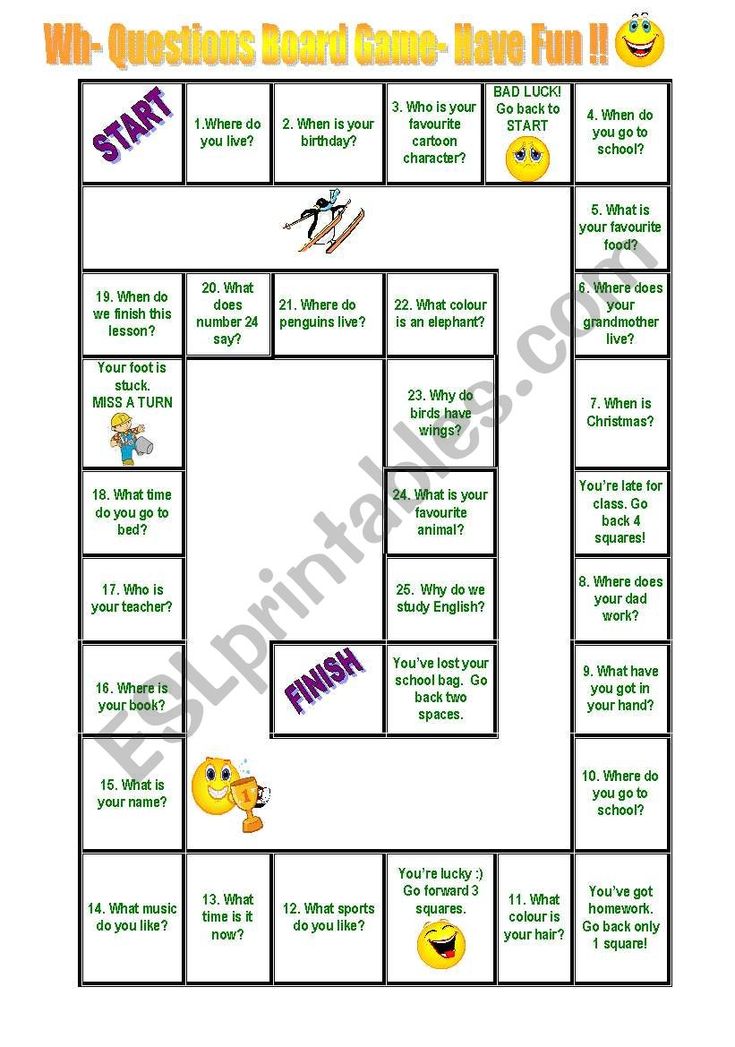 Boredom just doesn't stand a chance.
Boredom just doesn't stand a chance.
Good mood After all, this is also very important. An interesting game relieves fatigue, communication during the game gives positive emotions (unless, of course, the game is not under duress or with people unpleasant to the child). Winning, completing a difficult task, new knowledge brings joy. nine0003
The article was prepared by the teacher-organizer Arina Sergeevna Puzyreva
How board games help in learning. Note to parents
The art of learning
How do board games help with learning? Note to parents
August 27, 2018 11 568 views
Irina Balmanji
Board games are not only fun, but also very useful. Probably, there is no better way to have a great time in a company, get a lot of positive emotions and “pump” your brain along the way. nine0003
It is no coincidence that games are considered one of the most successful teaching methods. Do you want to discreetly help your child develop the skills and abilities that will be useful to him in school? Tabletops are exactly what you need.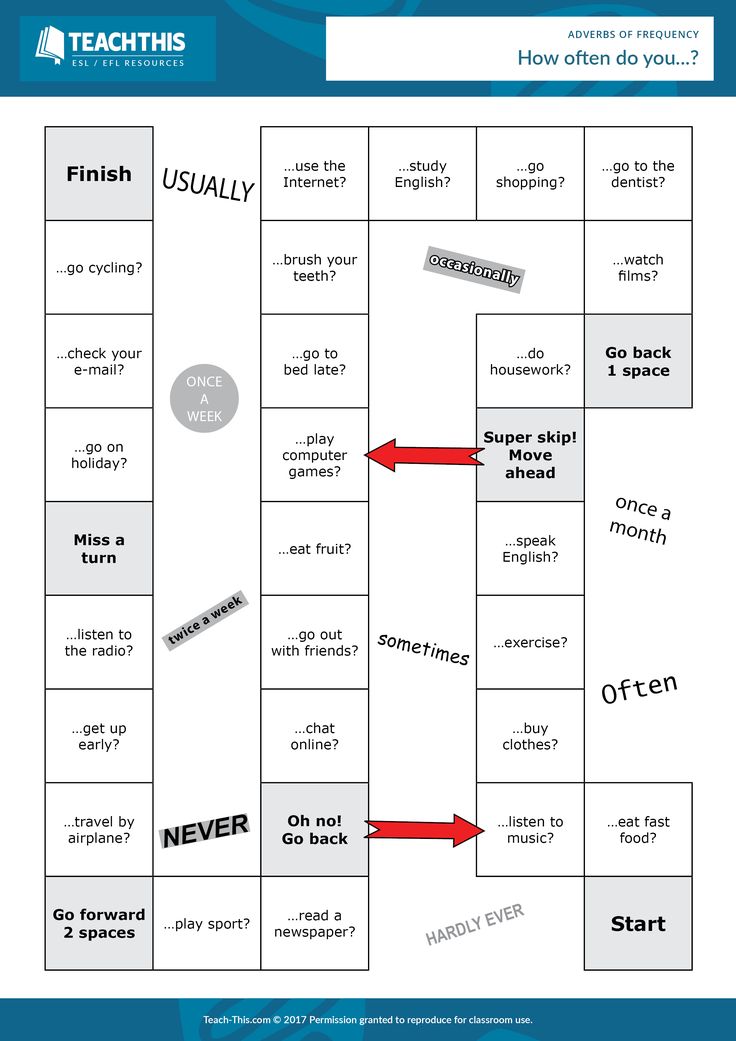 Let's tell you how it works.
Let's tell you how it works.
Math skills
Most board games require counting - points, moves, cards, play money, dots on dice. If you usually find it difficult to get a child to solve examples for addition and subtraction, then during the game he will do it easily and with joy - without the slightest pressure from you. nine0003
Source
In addition, there are boards specially designed to develop mathematical skills. For example, in the game "Multicharium. Mathematical Dominoes ”it is necessary to lay out the cards so that an example and the correct answer are written on the adjacent cells. This is an easy and fun way to learn the multiplication table.
Communication skills
In the course of any group game, we contact with the other participants, discuss the rules, learn to get along with each other. In addition, many board games are built on the ability to negotiate, convince, seek allies and act together.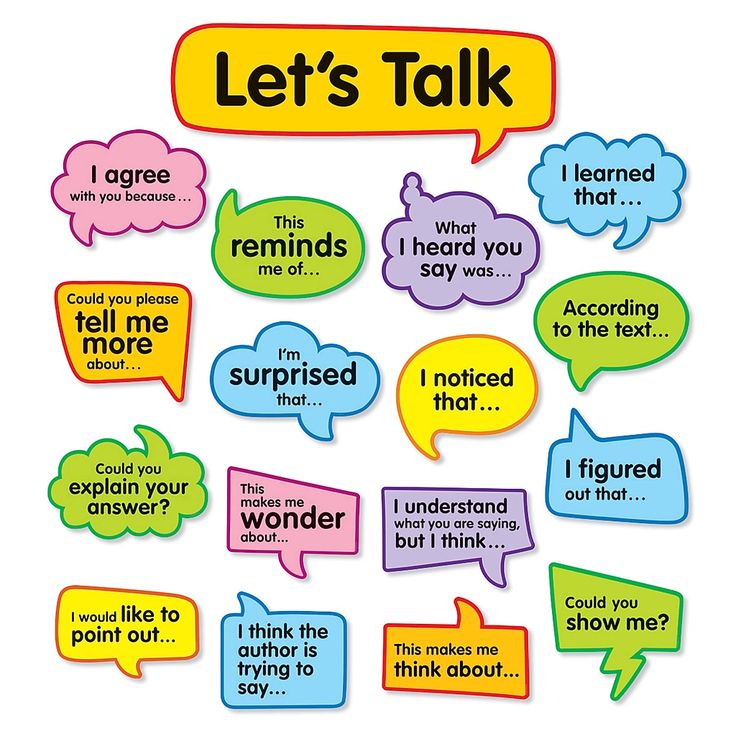 Thus, it is both entertainment and a simulator for developing the most important social skills. nine0003
Thus, it is both entertainment and a simulator for developing the most important social skills. nine0003
Imagination
In computer battles, we practically do not use our imagination.
But in most board games you can't do without it. You need to turn on your fantasy at full power to see a great warrior saving an empire in a yellow plastic figurine, or imagine that a piece of cardboard is a whole city with streets, houses and factories.
Source
If creativity is your priority, you can choose board games designed to train your imagination, such as A Thousand and One Stories (a game where you have to come up with unusual plots using bingo, cards and game boards) . nine0003
Outlook
You can play "Evolution" or "Monopoly" and discuss Darwin's theory or the laws of the market economy along the way. Almost every board is an occasion to tell something new. Even if you just explain an incomprehensible word to a child while playing Scrabble, you will already replenish his treasury of knowledge about the world.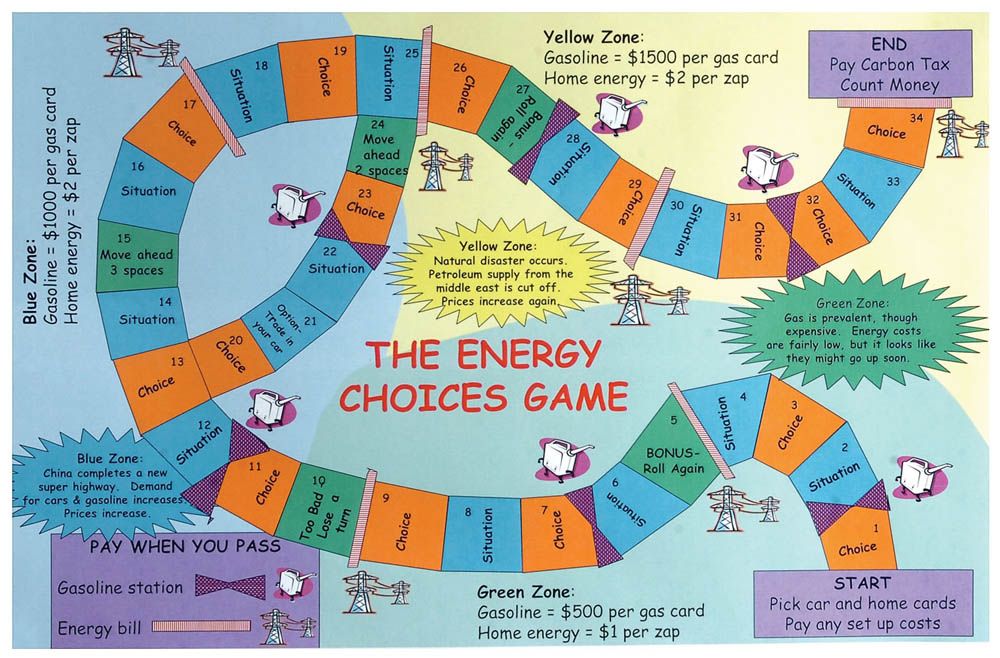
Perseverance and attention concentration
Force yourself to solve examples when friends invite you to go for a walk, or concentrate on the teacher's explanations when extraneous thoughts creep into your head - this requires remarkable self-control. Any student needs to be able to focus on one task for a long time, without being distracted by anything. nine0003
Board games seem to be designed to develop this skill. If a child is able to lay out cards in a disciplined manner for two hours or carefully follow the movements of the figures on the playing field, then at school he should not have problems with concentration.
Source
Any boards are useful, but some are clearly aimed at training mindfulness and self-control. One of these games is "Don't Yawn!" (to win it, you need to be as vigilant as possible, quickly respond to cards, show gestures correctly and not make mistakes in counting). nine0003
Strategic thinking
In most board games, you need to track the actions of your opponents, predict their future moves and build your tactics on this.

